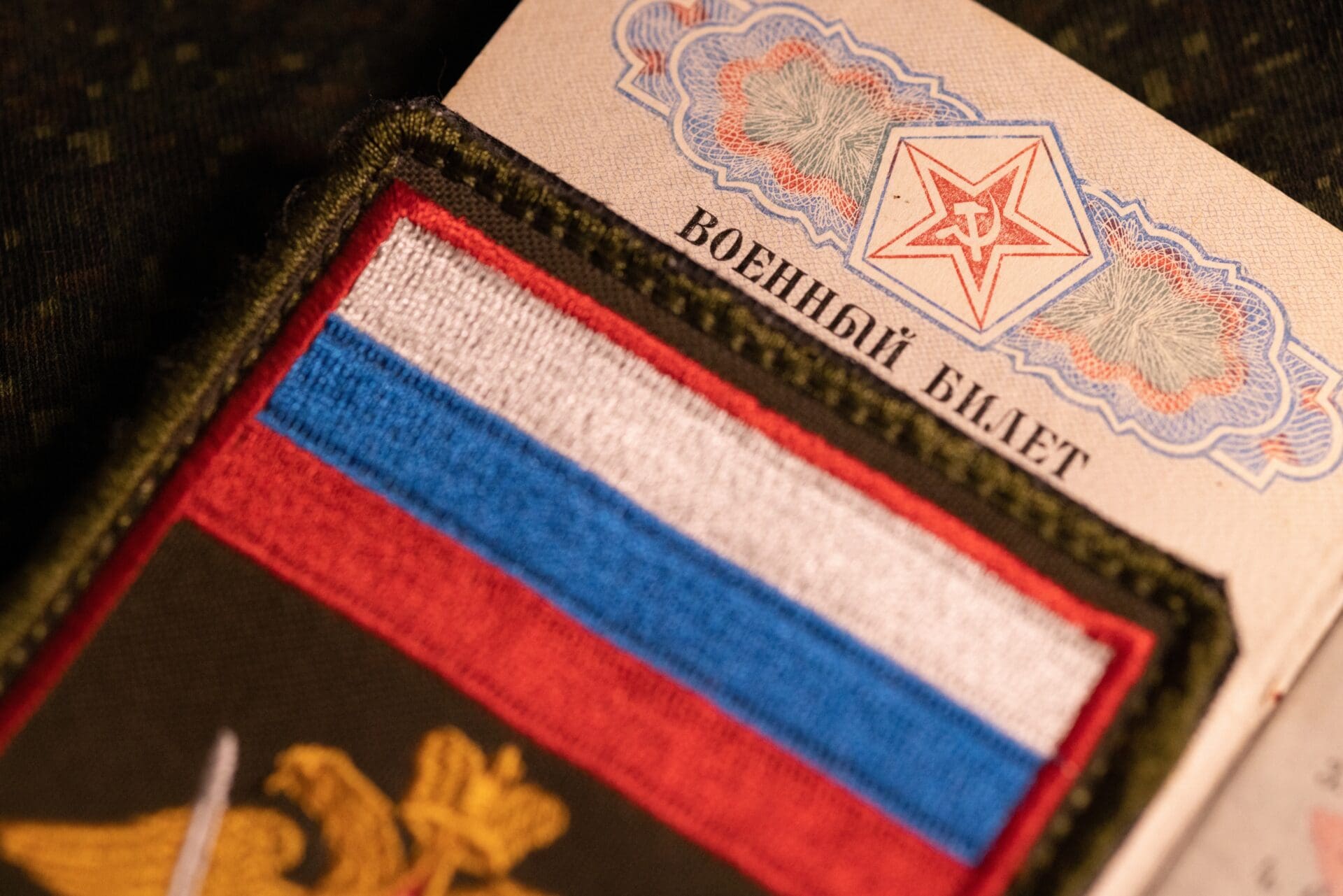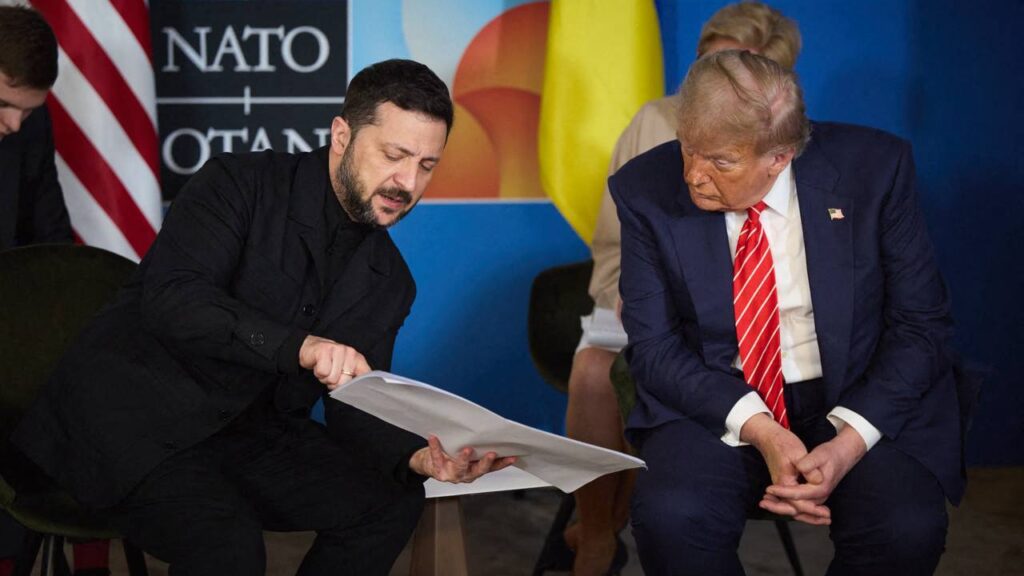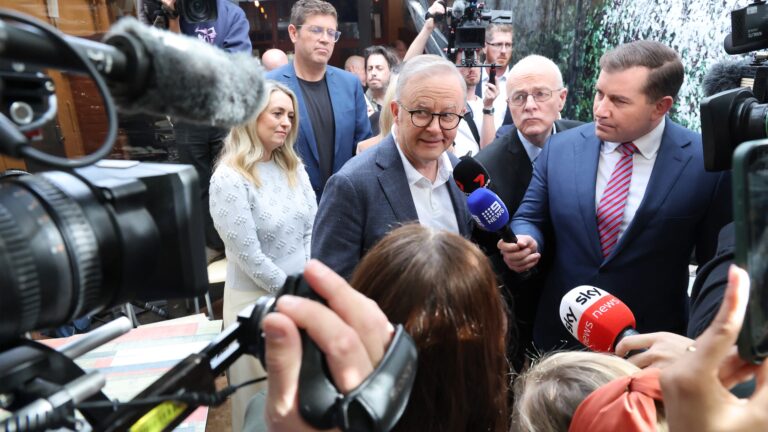On 21 September Putin announced partial mobilisation in Russia. Supposedly, only 300,000 people will be mobilised, mostly men with military experience. Women are expected to be mobilised only for assisting in providing medical care. In reality, however, there is a precedent for having, for instance, anti-mobilisation protesters being drafted into the army. While students were promised not to be drafted, freshly graduated surgeons and traumatologists are being summoned to their district military offices. Else than provoking large demonstrations, partial mobilisation also led to a renewed wave of outward migration from Russia. In the first five days after the mobilisation was announced, around 260,000 people are estimated to have left the Russian Federation. At most major border crossing points there are huge lines of people (mostly men) trying to leave the country. One of the most popular destinations is Georgia (where Russian citizens can travel visa-free), at whose border with Russia there is a three-day-long queue.
Partial mobilisation also lead to protests that are getting ever more desperate. Within five days of protests around 2,400 were detained. A man set himself on fire in protest when he learnt that he had been drafted. Local military offices have been burnt down, while in Siberia a man shot and killed workers at the local military registration and enlistment office. The fiercest protests are happening in minority territories, such as Dagestan (the Caucasus region) because drafting is more common in distant regions and among ethnic minorities than in major Russian cities. For instance, in Crimea 90 per cent of those mobilised are Crimean Tatars, despite the fact that they make up only around 12–13 per cent of the peninsula’s total population. When men from the small, 8,200-member-strong Finno-Ugric nation of the Vepsians living in the Republic of Karelia (Northwest Russia) received their letters of mobilisation, almost the entire ethnic group disappeared in the endless forests of their region. Given the size of Russia and the weather conditions in Karelia the authorities have little to no chance of finding these men. While this small ethnic group’s defiance does not disturb Moscow’s military ambitions, their spontaneous resistance and fight for survival received considerable media attention in Russia.
Russia as a global power is set to lose some of its influenc
The panic provoked by the mobilisation and Russia’s obvious military failures that led to the mobilisation in the first place, signal that Russia as a global power is set to lose some of its influence. A decline in Russian influence on the global level in turn may lead to a change in the underlying world order. While Russian propaganda would profoundly disagree with the notion that the world as of today is a multipolar one, until now that has been room in the current world order for strong regional players with spheres of influence of their own. While America has certainly claimed a leading role, the European Union, Russia, and China all had a substantial say in global and especially regional matters. This, however, is now changing. Exhausted by the war and shaken by the economic and human losses, Russia’s dominance in the post-Soviet sphere is now challenged. Ironically, while Russians wanted to achieve a more multipolar world by this war, and strengthen their position, it seems they are achieving exactly the opposite.
It is not only Russia, however, whose position is threatened by the war in Ukraine. Severely hit by the energy crisis, the EU’s influence also appears to be declining. As argued by Foreign Policy while between 1991 and 2008 the world was unipolar, and between 2008 and February 2022 it was multipolar, now a bipolarity between China and the United States and a significant decline of Europe seems to be emerging. The decline of the EU and of Russia leaves the dominant player, the United States and the rising star, China ever more influential. Such marginalisation of the European continent is against the interest of those living in the EU. To recover economically, and thereby, to reascertain the EU’s global political influence, it would be crucial for the old continent to assist in ending the war in Ukraine as soon as possible.








